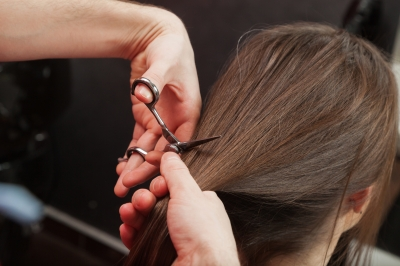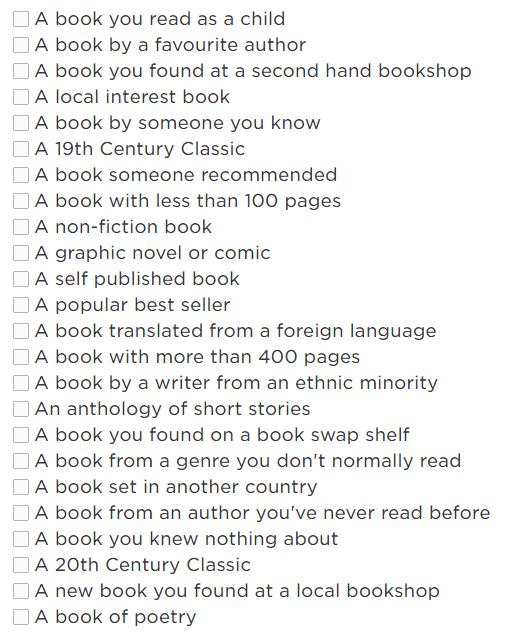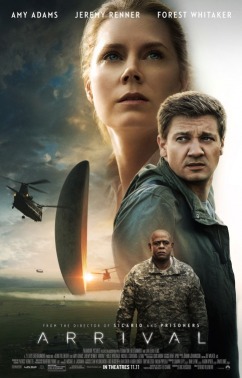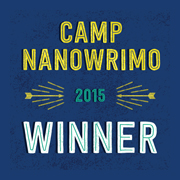A little rant about why I hate going to the hairdresser
Four months after my last trip to a hairdresser, I still find myself replaying the memory whenever I wash my hair. It evokes an uncomfortable combination of embarrassment and anger.
I regard going to the hairdresser in much the same way as people view going to the dentist. I don’t like it, I feel judged and talked down to, and I put off going as long as possible.
My last haircut was particularly traumatic. The last couple of times I’ve had a professional cut it has been while I was on holiday on a cruise ship. My logic? By going to the cruise ship salon I don’t have to eliminate any of my local salons from possible future use, I won’t ever have to see the stylist again, and usually they are a bit less harsh because they know you’re on holiday and just want to have a nice time.
Usually.
The stylist I got in November ticked every box for why I hate going to the hairdresser.
- He refused to cut my hair the way I asked for it to be cut. “Oh no, you mustn’t cut that much off! It’s better long, don’t you think?”
- He questioned and criticised me about my hair care regime. “What products do you use? How long have you used that for? It’s terrible for your hair, absolutely awful, you must never use that again. Use this instead.”
- The first thing he did was try to pressure sell me a keratin treatment costing over £100, “you need keratin, it will fix your hair”, when all I wanted was a cut and dry.
- He continued to pressure sell me products throughout whilst simultaneously managing to guilt trip me for not taking the keratin treatment. “I know, you should use this mask, it will help. Not as good as keratin, but it will help”. I ended up agreeing to buy the £40 mask just to get him to leave me alone.
Now it probably doesn’t help that I always feel vulnerable when I have to take my glasses off. Having to engage in conversation with the hairdresser without being able to see their expression or make eye contact makes me feel like I have no control in the conversation. But, nevertheless, getting my hair cut shouldn’t have to result in me, months later, still replaying the traumatic event when I wash my hair with the “terrible” products I was forbidden to use, and thinking about how I could have better handled the situation.
You might be wondering why I didn’t complain about the service I received. Had this been different from my usual experience of going to the hairdresser I might have, but it was pretty much the norm. In my experience, this is just what going to the hairdresser is.
I understand this judgmental approach from a dentist. No one likes being given a catalogue of their teeth defects and told they should floss more, but you do only have one set of teeth, so you can appreciate the judgmental advice is for your own good.
Hair is not the same. The only physiological purpose of hair is to keep my head warm, a job that can be achieved with that commonly available prosthetic, the hat! My hair does not need expensive products and there is no reason I must spend hours tending to and caring for it. It’s just hair!
One thing I always know when I enter a salon is that “hair” is going to be infinitely more important to the stylist than it is to me. I understand this, but I don’t think the stylists do. Hence the assumptions they make. One, that I care, want to care, and/or should care, about my hair being the best hair it can be. And two, if they explain what I am doing wrong I will want to change my behaviour. I don’t. I won’t. But you might succeed in making me anxious about it. Thanks!
How many people start flossing just because the dentist told them to?
Telling my what I must do and what my hair needs just makes me feel uncomfortable, judged and embarrassed. Why can’t you just cut my damn hair?










